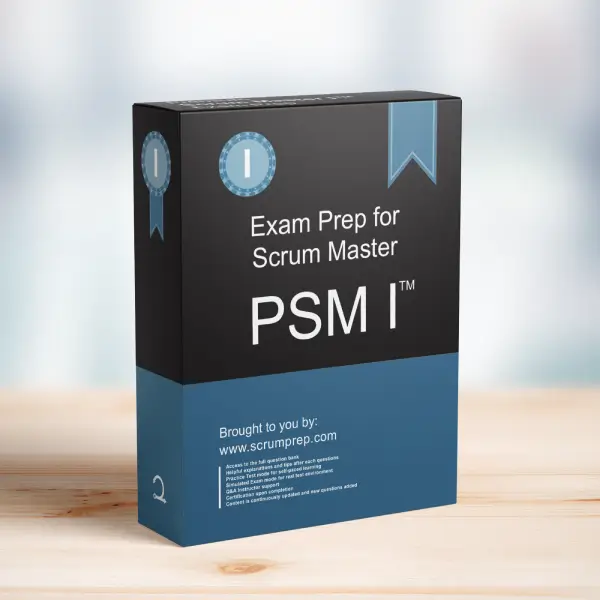In the context of Scrum, understanding the concept of self-managing Developers is crucial, particularly for those preparing for the PSM I exam. One of the exam questions you might encounter is:
Exam Question
Developers are self-managing, which of the following do they manage?
(choose the best answer)
- A. Sprint Backlog.
- B. Sprint length.
- C. Product Backlog ordering.
- D. Stakeholders for the Sprint Review.
- E. When to release, based on its progress.
Correct Answer:
A. Sprint Backlog.
Let’s explore why this is the correct answer and delve deeper into the self-management responsibilities of Developers within a Scrum Team.
The Role of Developers in Scrum
In Scrum, Developers are part of the Scrum Team, which also includes the Product Owner and the Scrum Master. Developers are responsible for delivering a “Done” increment of the product at the end of each Sprint. A key characteristic of Developers in Scrum is their self-managing nature, meaning they organize and manage their own work.
Key Responsibilities of Developers
Among the options provided, managing the Sprint Backlog is the most accurate description of what Developers manage. Here’s why:
Sprint Backlog Management (A):
The Sprint Backlog is a subset of the Product Backlog items selected for the Sprint, plus a plan for delivering the product increment and realizing the Sprint Goal. Developers are responsible for managing the Sprint Backlog. This includes:
- Selecting Product Backlog items for the Sprint.
- Creating a plan to achieve the Sprint Goal.
- Updating the Sprint Backlog throughout the Sprint as they gain more insights about their progress.
This responsibility underscores the self-managing aspect of Developers, as they control and adjust their work without needing external direction.
Examining the Other Options
Sprint Length (B):
The Sprint length is a fixed duration and is typically determined at the beginning of a project or as a standard practice within the organization. It is not managed or adjusted by the Developers.
Product Backlog Ordering (C):
Ordering the Product Backlog is the responsibility of the Product Owner. The Product Owner prioritizes the items in the Product Backlog to maximize the value delivered by the Scrum Team. Developers provide input but do not manage the ordering.
Stakeholders for the Sprint Review (D):
While Developers participate in the Sprint Review and may interact with stakeholders, the responsibility of inviting and managing stakeholders typically falls to the Product Owner and Scrum Master.
When to Release, Based on Its Progress (E):
Decisions about when to release increments of the product are made collaboratively by the Scrum Team, but the Product Owner usually has the final say, based on the value and readiness of the product increment. Developers contribute insights regarding progress but do not solely manage the release timing.
Why This Matters for Your PSM I Exam
Understanding that Developers manage the Sprint Backlog is essential for successfully answering questions related to self-management on the PSM I exam. It demonstrates your knowledge of Scrum principles and your ability to apply them correctly in practical scenarios. Recognizing the distinct roles and responsibilities within a Scrum Team ensures that you can contribute effectively to the team’s success.
Conclusion
In summary, the primary responsibility that Developers manage is the Sprint Backlog. This involves selecting items from the Product Backlog, planning their work, and making necessary adjustments throughout the Sprint. By mastering this concept, you will be well-prepared to excel in your PSM I exam and contribute effectively to your Scrum Team.
For more detailed preparation and practice exams, check out PSM I Exam Prep to boost your confidence and knowledge as you embark on your Scrum journey.



